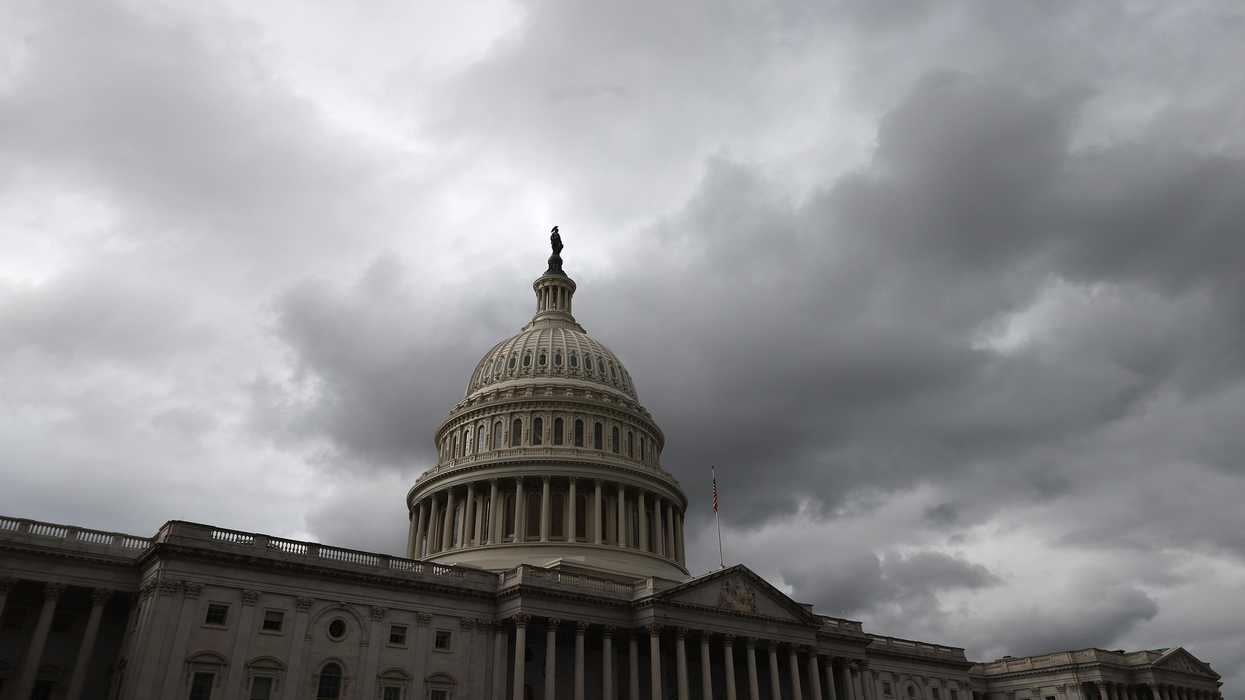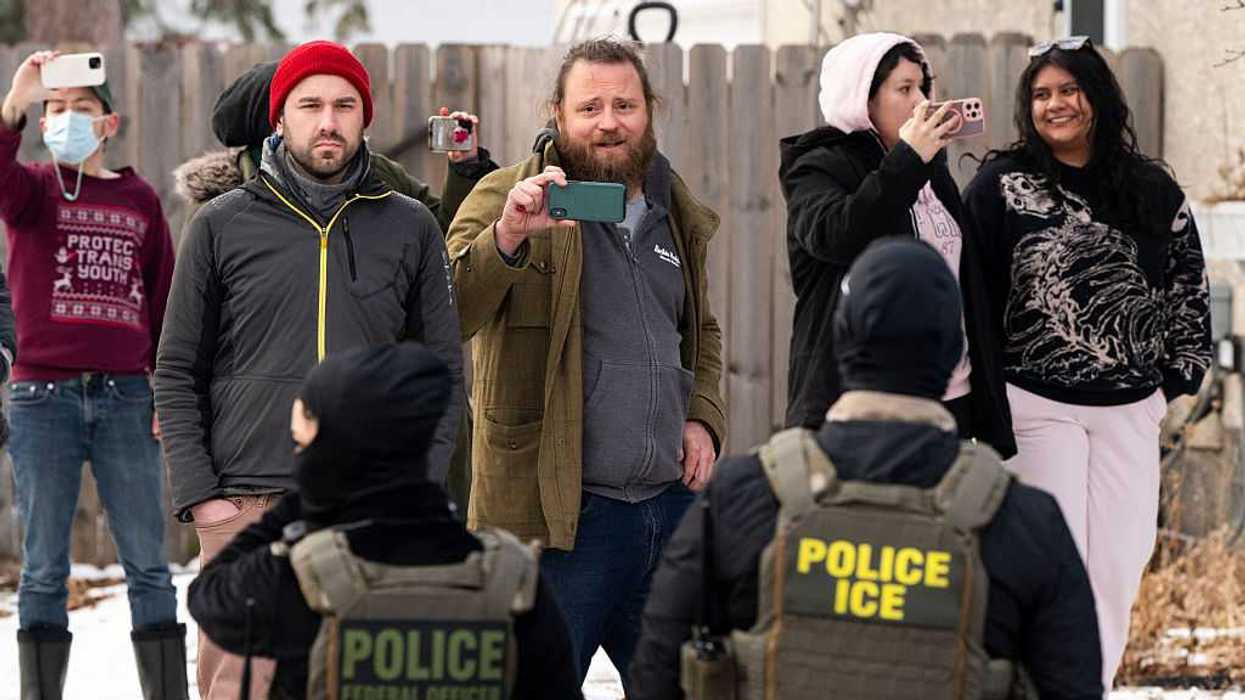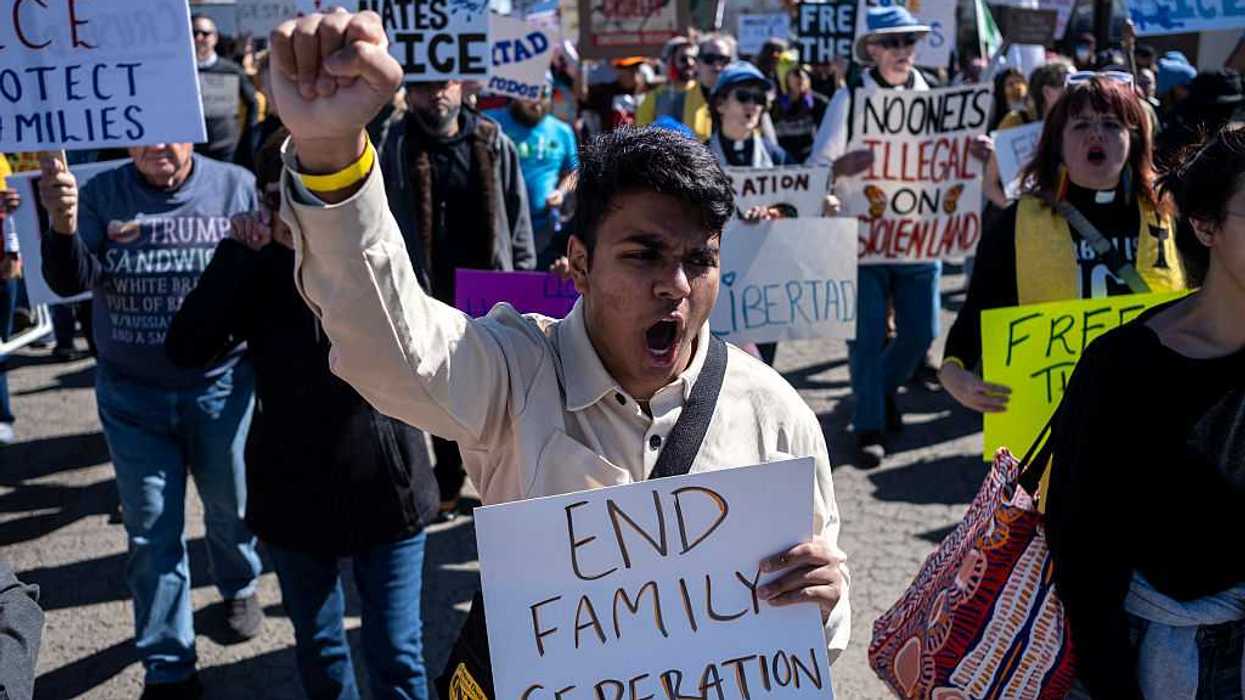Last month, Heather Lofthouse, President of Inequality Media (IM), told IM’s co-founder Robert Reich about the Q&A she led in Santa Barbara, California, after a showing of “The Last Class”, a new film about Reich.
“….Seeing the film with all these people,” Lofthouse said, “…who are just saying ‘What do we do? How do we remain active, and how do we become activists every day in different ways?’ People are just so hungry for hope and hungry to do [something]….”
Two weeks later, Financial Times business columnist Rana Foroohar asked Harvard Political Philosophy Professor Michael Sandel a similar question.
“….How can we save our political commons without another Great Depression, or some terrible event that Trump can’t talk his way out of? Where is the low-hanging fruit? I’m hoping that you can give our readers not only big thoughts, but some practical action points too….”
From ordinary Americans at a Q&A in Santa Barbara to a Financial Times columnist, the question is the same: “What can we do?”
In September, Reich offered five steps to make a difference: 1) "Call your officials in Washington, 2) Attend Town Halls, 3) Join local resistance groups, 4) Boycott corporations and organizations that are caving to Trump, and 5) Protect the most vulnerable.”
These are all key actions, brilliant even, but there’s one crucial piece missing that rarely makes these lists: building relationships with members of Congress and their staff. I can see the eye-rolling already, but hear me out.
Elon Musk, with the full support of Donald Trump and Marco Rubio, decimated the U.S. Agency for International Development (USAID)—America’s most effective soft power tool. For decades, USAID has saved lives, tracked disease outbreaks, and stabilized conflict zones. Compared to the 1980s, its work now helps save an estimated 10 million young lives a year.
In May, Bill Gates spoke about Musk in an interview with the Financial Times: “The picture of the world's richest man killing the world's poorest children is not a pretty one.”
Lawrence O’Donnell was more brutal in his assessment on MSNBC that same month, “….Elon Musk commits the greatest crime of the 21st Century against the poverty population of the world and fires everyone who would be able to quantify for us the enormity of the crime….”
Phone calls to Washington and town halls matter. But you don’t reverse damage like that without building relationships, something that groups like the anti-poverty lobby RESULTS have done for more than 40 years.
Those relationships make transformational advocacy possible and deliver actions like this.
On May 16, after months of work, Representatives Fitzpatrick (R-PA), Salazar (R-FL), Jacobs (D-CA), and McGovern (D-MA) sent a bipartisan letter to key appropriators calling for robust funding for Maternal and Child Health programs, Gavi (the Vaccine Alliance), and nutrition initiatives. 128 members of the U.S. House signed on.
That letter mattered. Two months later, the House Appropriations Committee rejected Trump’s proposed 90 percent cut to global maternal and child health—from $915 million in fiscal year 2025 (FY25) to $85 million in FY26. Instead, the House Appropriations Committee restored the entire $915 million.
You don’t get bipartisan lead signers, especially on foreign aid, without relationships. You don’t get 128 members of the House signing a letter without relationships. And you don’t get the full appropriations committee rejecting Trump's cuts without relationships.
Ordinary Americans made those phone calls and attended town hall meetings, but they went further. They build trust and influence through face-to-face relationships with their members of Congress. And when those members retire or lose re-election, the advocates start again with their successors.
So when people ask, “What can we do?”—one answer that’s too often left off the list is this one: Join an organization that works to deliver transformational advocacy, that feeds you power and helps you build relationships with your members of Congress. That’s how democracy begins to heal.




















